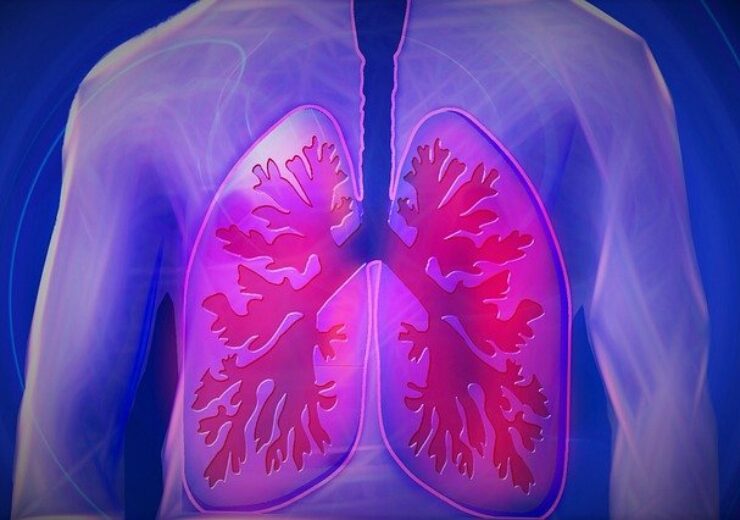By leveraging Natera’s core single-nucleotide (SNP)-based massively multiplexed PCR (mmPCR) technology, the Prospera test enables to detect allograft rejection non-invasively

Natera has introduced Prospera lung transplant assessment test. (Credit: kalhh from Pixabay)
Natera has announced the commercial launch of its Prospera donor-derived cfDNA (dd-cfDNA) transplant assessment test for lung transplant recipients.
By leveraging Natera’s core single-nucleotide (SNP)-based massively multiplexed PCR (mmPCR) technology, the Prospera test enables to detect allograft rejection non-invasively with high accuracy.
The test also helps to avoid prior donor or recipient genotyping.
It is said to work by measuring the fraction of donor-derived cell-free DNA (dd-cfDNA) in the recipient’s blood.
Natera organ health division general manager Bernie Tobin said: “We’re excited to bring our history of innovation and expertise in cfDNA to the lung transplant community as we seek to improve health outcomes across multiple organs.
“The Prospera Lung test’s strong validation data makes us well-positioned to expand significantly into the noninvasive lung transplant monitoring market, and we look forward to working closely with clinicians to introduce this test into clinical practice.”
The efficacy of Prospera Lung test is demonstrated by the VALID study, a prospective trial of a commercial dd-cfDNA test for lung transplant assessment.
The data from the trial has shown that Prospera Lung test has differentiated antibody mediated and acute cellular rejection from stable patients with better performance. It has achieved an NPV of 97.33%, sensitivity of 89.06% and AUC of 0.91 in the trial.
Natera’s test also demonstrated its ability to differentiate organ injury, including acute rejection, chronic rejection and infection, in stable patients with an AUC of 0.76.
The company has also announced the launch of LAMBDA 001 randomised controlled study to show non-inferiority for Prospera surveillance against biopsy.
Natera’s LAMBDA 002 observational registry study will evaluate Prospera performance in the identification of chronic lung allograft dysfunction (CLAD), the main reason for mortality among lung transplant recipients.
Natera organ health division general manager Bernie Tobin said: “We’re excited to bring our history of innovation and expertise in cfDNA to the lung transplant community as we seek to improve health outcomes across multiple organs.
“The Prospera Lung test’s strong validation data makes us well-positioned to expand significantly into the noninvasive lung transplant monitoring market, and we look forward to working closely with clinicians to introduce this test into clinical practice.”
The Prospera test is not yet cleared or approved by the US Food and Drug Administration (FDA).
